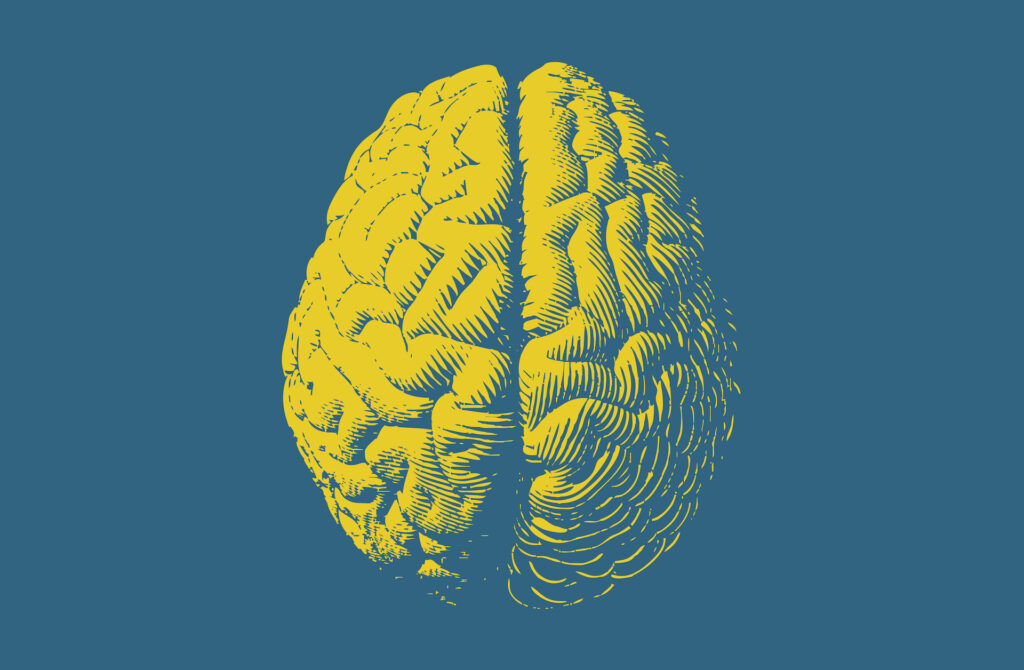In recent years, the concept of neurodiversity has gained attention, highlighting the unique strengths and challenges individuals may experience due to the way their brain works. The neurodiversity movement (NDM) has significant implications for mental health and problematic substance use, which we explore in today’s article.
What Is Neurodiversity?
According to a Mind & Mood article from Harvard Health Publishing, neurodiversity describes the idea that “there is no one right way of thinking, learning, and behaving.” Therefore, people experience and participate in the world around them in ways that are different based on their unique brains. This perspective is far more inclusive than those that focus solely on neurotypical ways of existing in the world. It has also paved the way for a more wholesome understanding of human experience.
Rather than viewing individual differences as disorders, the neurodiversity movement (NDM) understands these phenomena as unique neurological divergences. Most crucially, this perspective does not frame neurodiverse differences as something bad or undesirable, but merely as a way of being that is different and part of human diversity.

The Interplay Between Neurodiversity And Mental Health
Where much of the landscape of mental health focuses on distinguishing between healthy and unhealthy, the neurodiversity movement aims to avoid such diagnostic language, promoting a more inclusive understanding of peoples’ states of mental health. In understanding how to support neurodiverse individuals, it’s crucial to think about the complex ways that neurodiversity may intersect with mental health.
For instance, individuals might experience particular challenges that affect their mental health. They might face conditions like anxiety or depression due to social misunderstandings and disharmony. Or other challenges related to their neurological differences such as sensory sensitivities or overwhelming emotions.
But it’s also worth noting that individuals who identify as neurodiverse can also possess remarkable strengths, such as attention to detail and above-average creativity and lateral thinking. All of which can help in treatment and recovery, as well as in dealing with issues related to mental health.
Are Neurodiverse Individuals At Higher Risk Of Developing Substance Use Disorders?
According to research coming out of the University of Cambridge, individuals with autism may be more likely to use recreational drugs to self-medicate their mental health. Other reasons individuals with autism may self-medicate with recreational drugs include a lack of a sense of belonging due to difficulties in social interactions, the need for routine and repetitiveness (i.e. substance use as ritual), a lack of suitable support and services, and as a coping mechanism for emotions or sensory sensitivities.
While research on neurodivergence and substance use, in general, is at the early stages, there is reason to suspect that the factors leading people with autism to self-medicate also extend to people with other types of neurodivergence. This highlights the importance of proactive support and prevention strategies for neurodiverse individuals. As well as the need for tailored individualized support in treatment and recovery.

Neurodiversity and Dual Diagnoses
Given that neurodiversity and substance use can sometimes coexist, centres that support neurodiverse individuals need to be well-versed in dual diagnoses (also known as concurrent diagnoses). This is where both a neurodiverse condition and a substance use disorder present at the same time. Our centre adopts an integrated approach that acknowledges the intricate relationship between these factors and provides the specialized care that these complex situations require.
From our experience, addressing mental health in neurodiverse individuals requires a tailored, patient-centric approach—exactly the sort of approach we take at our centres. Both our men’s and women’s programs acknowledge the need for personalized interventions that respect neurodiversity and don’t shame people for their way of existing in the world. By understanding individual and unique experiences in the world, we co-create therapeutic strategies that harness their strengths while addressing specific needs related to mental health.
How Can We Support Neurodiverse Individuals?
At Sunshine Coast Health Centre & Georgia Strait Women’s Clinic, our clinical teams support clients by conducting thorough intake interviews and assessments in order to understand the unique neurological diversity of each individual. This forms the foundation for designing personalized treatment plans.
Our diverse array of therapies ranges from traditional to innovative, fully adapted to resonate with the diversity of our clients. We work closely with clients, their families, and other specialists to ensure a holistic support system that extends beyond treatment, and which centres collaboration at its beating heart.
Can Neurodiverse Individuals Benefit From Residential Treatment?
Neurodiversity brings to light the remarkable diversity of human cognition and challenges conventional notions of mental health and substance use disorders. At our centres, we embrace neurodiversity as an essential aspect of our approach, recognizing that individualized care rooted in respect and understanding is key to wellness and recovery.
We recognize that a one-size-fits-all approach to recovery falls short for the diversity of people that exists out there. By honouring each individual’s unique neurological makeup, we pave the way for a more inclusive and compassionate understanding of mental health and substance use disorders.
At Sunshine Coast Health Centre & Georgia Strait Women’s Clinic, we provide a nurturing environment where individuals can benefit from various therapies to support their treatment and recovery. These include cognitive-behavioural therapy (CBT), Dialectical Behavior Therapy (DBT), group counselling, holistic approaches, art therapy, sensory integration, mindfulness, practical resources, and other forms of individualized care.
If you or anyone you know is looking for support with addiction and mental health, please reach out today.



